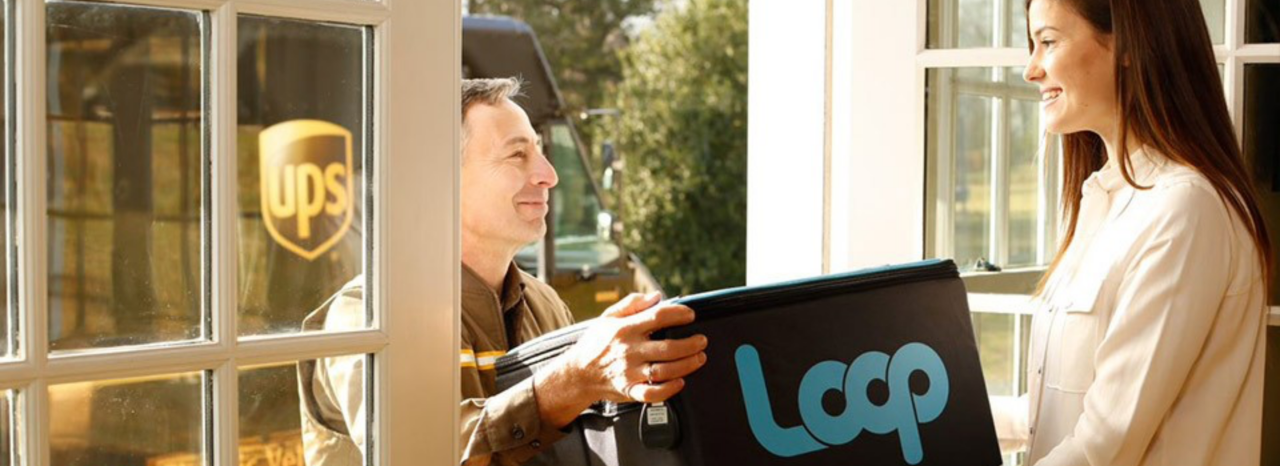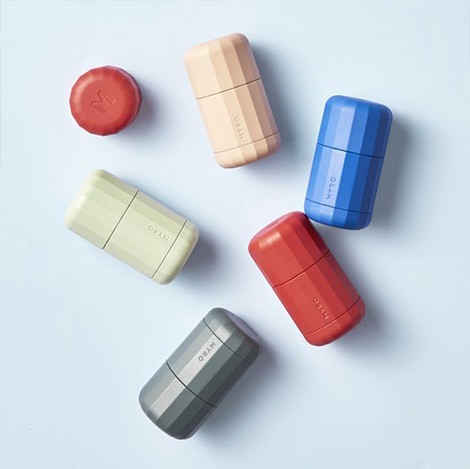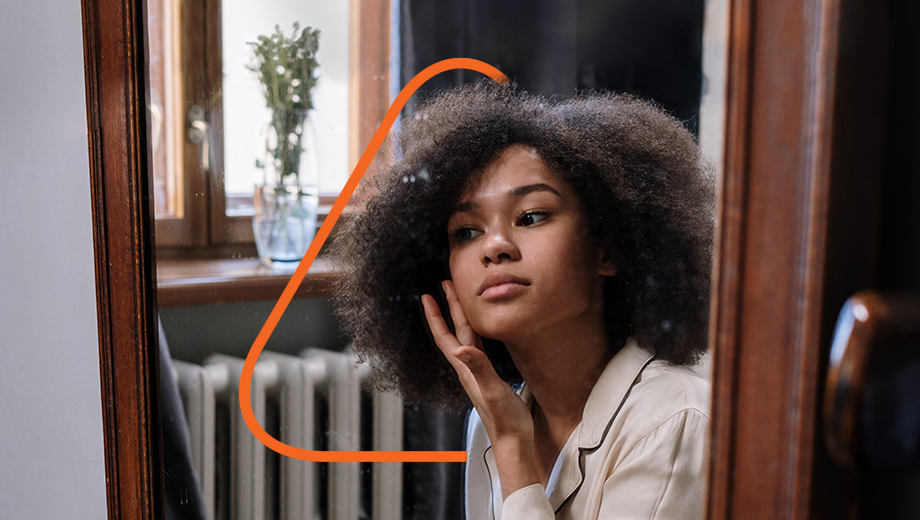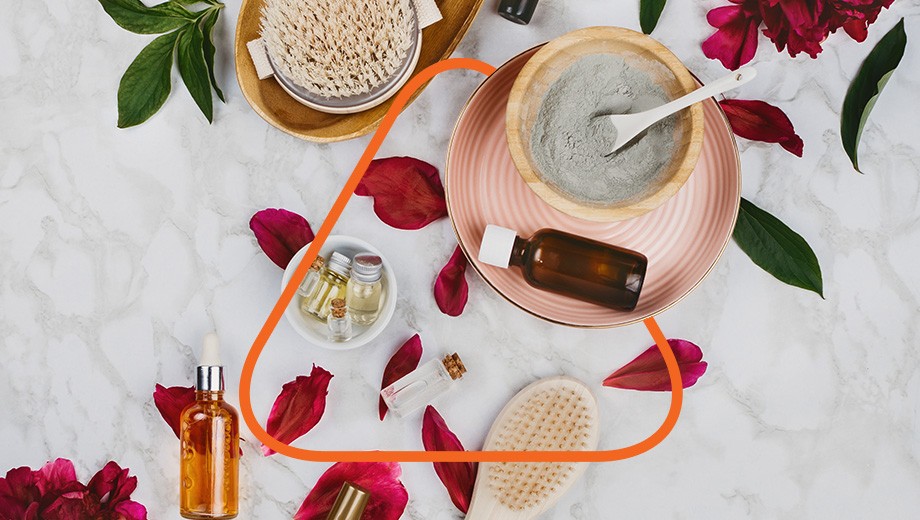In the US, 80% of consumers say that if given the option to buy products without single-use plastic packaging they would do so, while 62% of UK consumers say recyclability and reducing plastic packaging is now the main driver of their purchases (sources: Shelton Group; ThoughtWorks). For beauty consumers specifically, Mintel found that one-third of UK female beauty buyers aged 16-24 want retailers to inform them which products are environmentally-friendly. And while natural beauty brands have led the way in environmental awareness around packaging, a new category of premium personal care and beauty brands are emerging that combine the sustainability of refillable products with the sleek aesthetic of luxury goods.
Crucial to luxury beauty packaging is the weight, texture and tone of a product, as such sustainability is often not a priority. But premium fragrance company Bond No. 9 sought to create feelings of desirability while reducing the packaging footprint when designing its first cosmetics product, a refillable lipstick set. The Bond No. 9 New York Lips set comes with a keepsake gold case and one lipstick in a biodegradable shell, that easily snaps into the permanent case. Speaking about its longevity and luxurious appeal, Allure digital deputy beauty editor Sophia Panych wrote in a review: ‘[The case] is something that you’ll want to keep forever, and then hand down to someone special.’ Similarly, Danish cosmetics brand Kjaer Weiss took several years to hone in on the design of its refillable compact, which is a weighty metal case. ‘We wanted something that looked and felt luxurious, not just another thing to discard...similar to jewelry boxes,’ explains the brand. ‘[It’s] the perfect embodiment of how beauty, luxury and sustainability can coexist.’
And then there are the products that have never felt that luxurious, that are being rebranded and repackaged to demonstrate that eco-aware products can simultaneously be design-conscious. Take natural deodorant for instance. It is a category in natural beauty that has seen tremendous growth in recent years, and is expected to post a CAGR of over 12% between 2019-2023 (source: Technavio), and yet it tends to be packaged in complex, multi-part plastic containers that can be difficult to recycle. But brands like Myro and By Humankind aim to make deodorant packaging more sustainable while also upgrading its shelf appeal. Myro’s refill system means that users keep the sturdy plastic outer packaging, and recycle the inner pods once the deodorant is finished—resulting in 50% less plastic in the packaging. By Humankind has a similar system with a permanent plastic case, and refills of deodorant coming in a recyclable paper pod. For both, the aesthetics of the plastic container was important since it is meant to be a permanent part of a user’s bathroom routine. ‘In order for consumers to consistently use a refillable product, it has got to be both aesthetically appealing and functionally well-designed,’ Greg Laptevsky, Myro’s founder and CEO told Fashionista.





